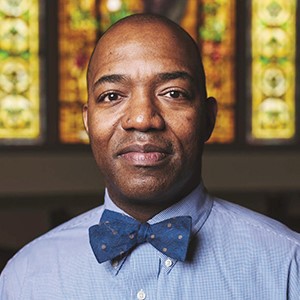

Church Tradition
Do we need to follow or obey church traditions that aren’t found in the Bible?
Churches observe two kinds of traditions. Some are practices commanded by Scripture. As Paul said to the Corinthians, “I praise you for remembering me in everything and for holding to the traditions just as I passed them on to you” and “For I received from the Lord what I also passed on to you” (1 Cor. 11:2, 23). These have sometimes been called “great” traditions. The Lord’s Supper would be considered one of these great traditions that are an integral part of the church.
The other kind of traditions are practices that are a matter of local custom. They might be described as “little” traditions. Adopted by local churches or denominations, little traditions may vary based on ethnicity, culture, and geography. They may influence which days we meet, such as Good Friday or Maundy Thursday, whether we have one or multiple Sunday School hours or have an evening Sunday service. Sometimes the church’s great traditions are personalized by a congregation’s local customs which shape how the Lord’s Supper is arranged and served, whether we sing only hymns or only Psalms, and if we repeat a confession or creed during the service. A church’s little traditions or local customs have value, but they are not practices that every church must follow in the same manner.
Whether or not we follow a church’s traditions is a matter of conscience. What Scripture commands must be obeyed. When a practice is not prescribed by Scripture, believers are free to follow, as long as it does not conflict with what God has commanded elsewhere (Rom. 12:10; Eph. 4:2; Heb. 13:17).




